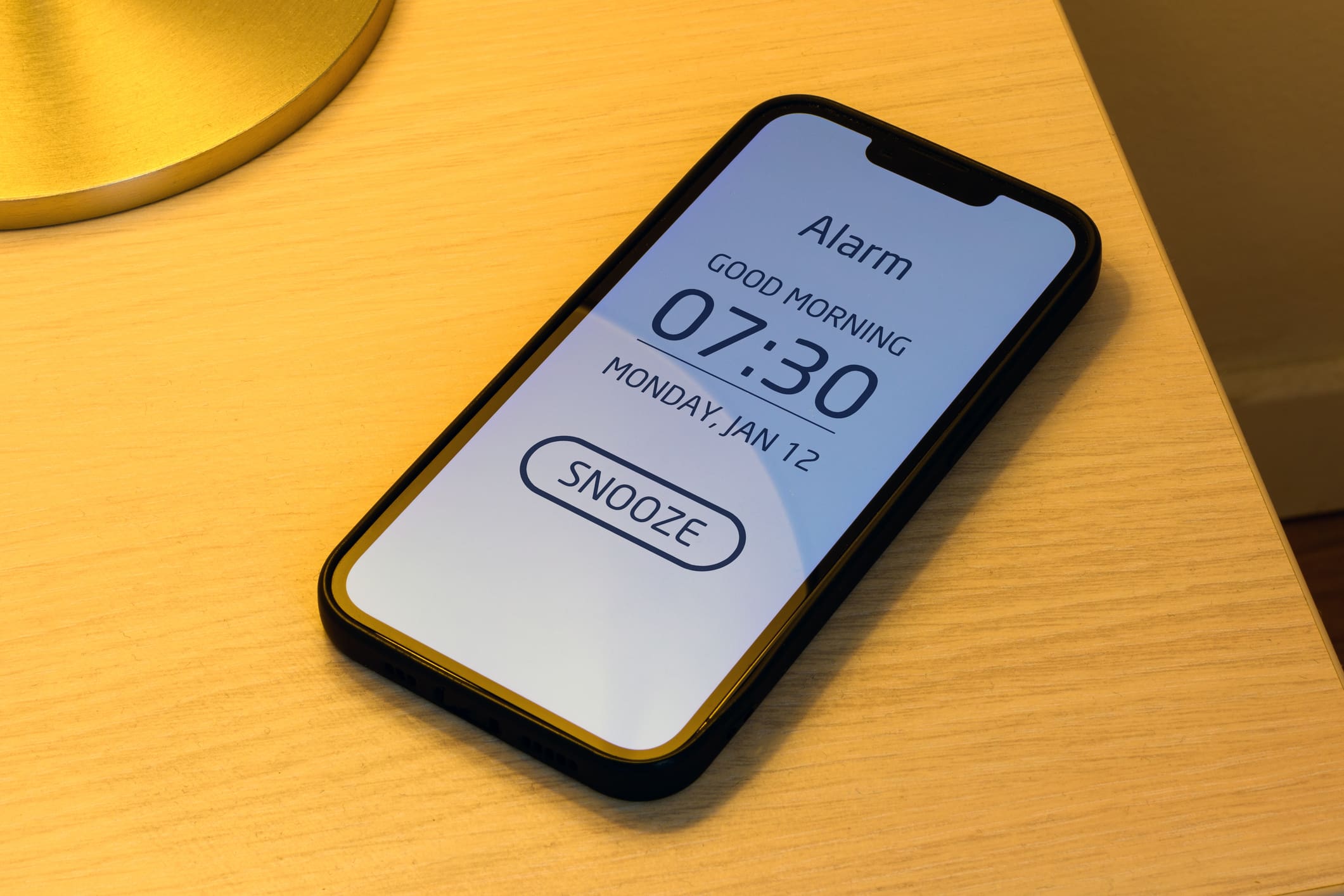Health
Is Hitting the Snooze Button Bad for You? Here’s What Experts Say


The Controversy Surrounding the Snooze Button
Many sleep experts warn against using the snooze button in the morning, claiming it can disrupt your sleep cycle. However, recent studies have suggested that snoozing may not be as detrimental as previously thought.
The Lack of Scientific Evidence
While some studies have examined the effects of fragmented sleep and napping, there is limited research specifically on snoozing. Stephen Mattingly, a sleep expert, found little data supporting the negative health effects of hitting the snooze button.
The Results of Mattingly's Study
Mattingly conducted a study using survey and wearable-device data to assess the science of snoozing. The results, published in the journal Sleep, showed that snoozers did not sleep less overall or feel more fatigued throughout the day compared to those who got up after one alarm. However, snoozers experienced lighter sleep and had elevated resting heart rates, indicating increased stress responses.
Understanding the Benefits of Snoozing
Despite the potential negative effects, snoozing may have some benefits. The stress response triggered by snoozing can help combat grogginess, promote alertness, and improve cognitive function, according to Mattingly. Another study found that people who snoozed performed better on cognitive tests shortly after waking.
Considerations and Recommendations
While the evidence is not definitive, some experts caution against relying on the snooze button. Kathryn Roecklein, a sleep researcher, suggests turning on the lights as soon as your alarm goes off to increase alertness. Additionally, maintaining a consistent sleep schedule is important for syncing circadian rhythms and improving sleep quality.
For those who sleep well at night and do not experience excessive daytime fatigue, hitting the snooze button may not be cause for concern. It could simply be a behavioral preference or a way to compensate for early wake-up times.
Ultimately, more research is needed to fully understand the effects of snoozing on sleep and overall health. In the meantime, individuals should listen to their bodies and make choices that promote restful sleep and daytime alertness.


Hey there! I’m William Cooper, your go-to guy for all things travel at iMagazineDaily. I’m 39, living the dream in Oshkosh, WI, and I can’t get enough of exploring every corner of this amazing world. I’ve got this awesome gig where I blog about my travel escapades, and let me tell you, it’s never a dull moment! When I’m not busy typing away or editing some cool content, I’m out there in the city, living it up and tasting every crazy delicious thing I can find. Join me on this wild ride of adventures and stories, right here at iMagazineDaily. Trust me, it’s going to be a blast! 🌍✈️🍴







